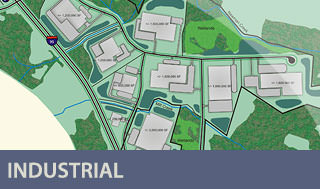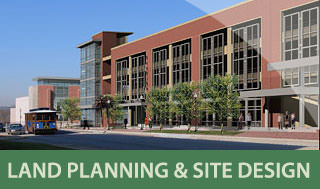Alliance Consulting Engineers

Columbia Regional Job Summit
June 5, 2004

Jobs market gaining steam; Columbia looks for piece of pie
City must address job losses, expert says
Columbia should take steps to deal with four straight years of job losses, a regional economist for the federal Bureau of Labor Statistics said Friday "I think there is a good reason for concern in the Columbia area," said Michael Wald of the U.S. Department of Labor’s Atlanta Office.
The city might want to study similar regions of the country that have been successful growing jobs over the same time frame, Wald told community leaders attending the Columbia Regional Job Summit.
Mayor Bob Coble called for the summit after reports that the Columbia metro area lost jobs each year from 1999 to 2003.
About a hundred people attended the meeting at the State Museum, which also featured a look at the job numbers by USC research economist Donald Schunck and additional explanations by representatives of the S.C. Labor Market Information service.
A panel of area business people presented views of the local employment situation.
Panelists included: Peter Brown, Colite International; Trip Gregory, Palmetto Health Alliance; Deepal Eliatamby, Alliance Consulting Engineers; Nathaniel Spells, Jr., Construction Dynamics; Rick Wade, Palmetto GBA; and Diane Sumpter, DESA.
Brown said government needs to be pro-business, not pro-jobs. "Business creates the jobs, not government," he said.
Spells lamented the lack of qualified workers in the building trade, referring to bricklayers and plumbers as "lost trades." He suggested more programs are needed to train such workers.
Eliatamby recently started his business downtown and is trying to fill four full-time positions. "It’s not just jobs; it’s the type of jobs that we need to work on creating," he said.
Another panel focused on local, state and regional initiatives that impact the job market.
A total of 12,300 jobs were lost in the Columbia region between 1999 and 2003, according to the U.S. Bureau of Labor Statistics.
Wald said he would be less concerned about the numbers if the data were only for the last couple of months. "You might look at that and say it is subject to revision and things might change."
But the trend is based on numbers the Department of Labor is confident about, he said.
Wald suggested Columbia look at Ventura, Calif.; Sarasota, Fla.; Boise City, Idaho; and Fresno, Calif.
Each had basically the same private employment level in 1999 as Columbia and the best employment growth through 2003. Wald excluded government employment numbers from this data to get a truer picture for economic development.
Ventura, Calif., likely will be the destination for an upcoming inter-city visit by Columbia, Coble said after the summit.
Beyond learning from other regions, the mayor said he believes the city needs to be more small-business friendly, since that sector creates most of the jobs.
He suggested Columbia might create a council to study how the city can be a small-business friendly place. Coble also said the region needs to focus on:
- Developing technology jobs through initiatives like the USC Research campus and the university’s high-tech incubator
- Filling an increasing number of advanced manufacturing jobs
- Creating a work force to meet the demands of employers
- Developing tourism, although the jobs are not relatively high-paying.
Earlier in the summit, Schunck said he remains bullish on Columbia.
"The Columbia area is going to be seeing job growth," Schunck said. "What kind of jobs is the question."







